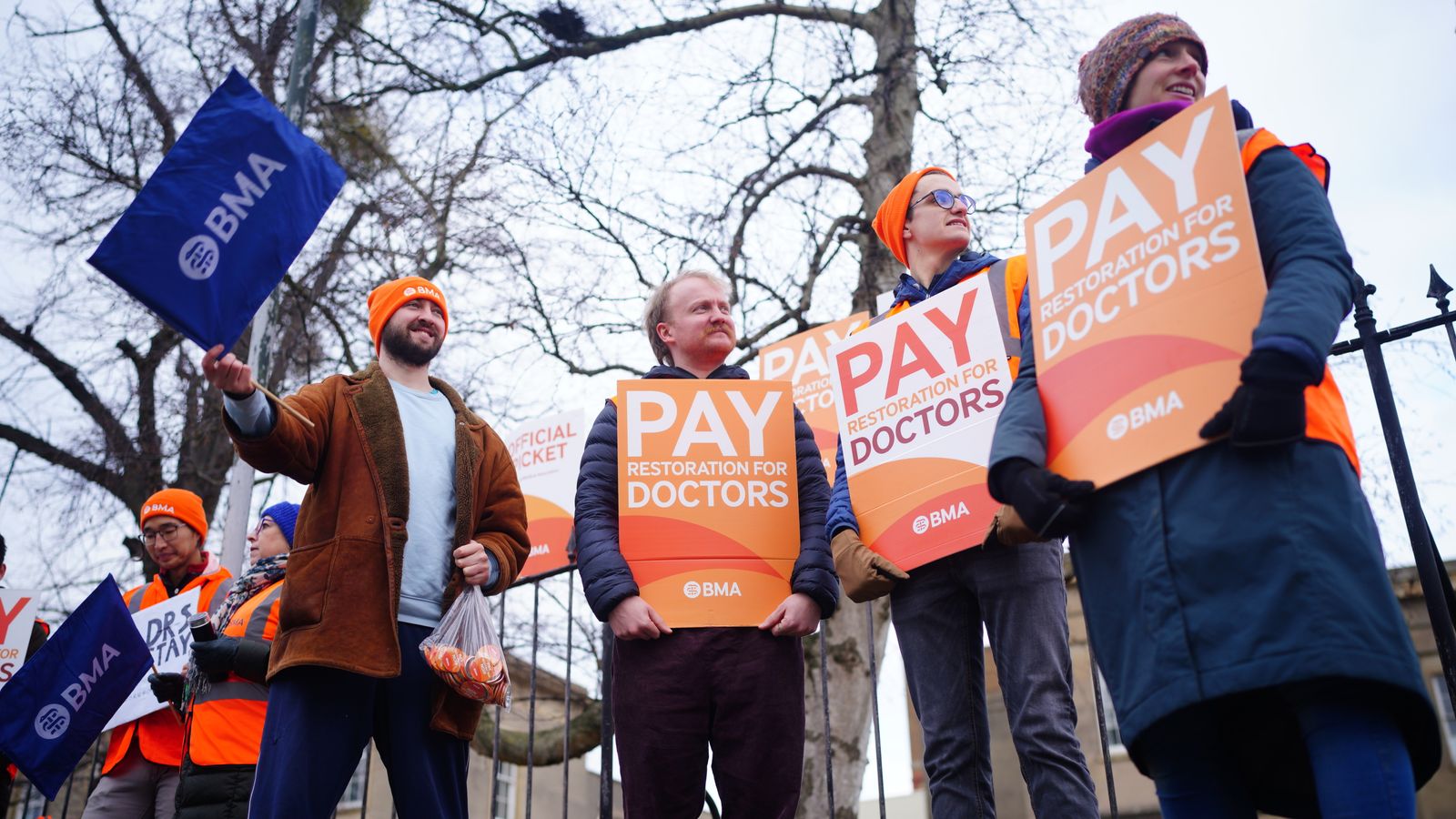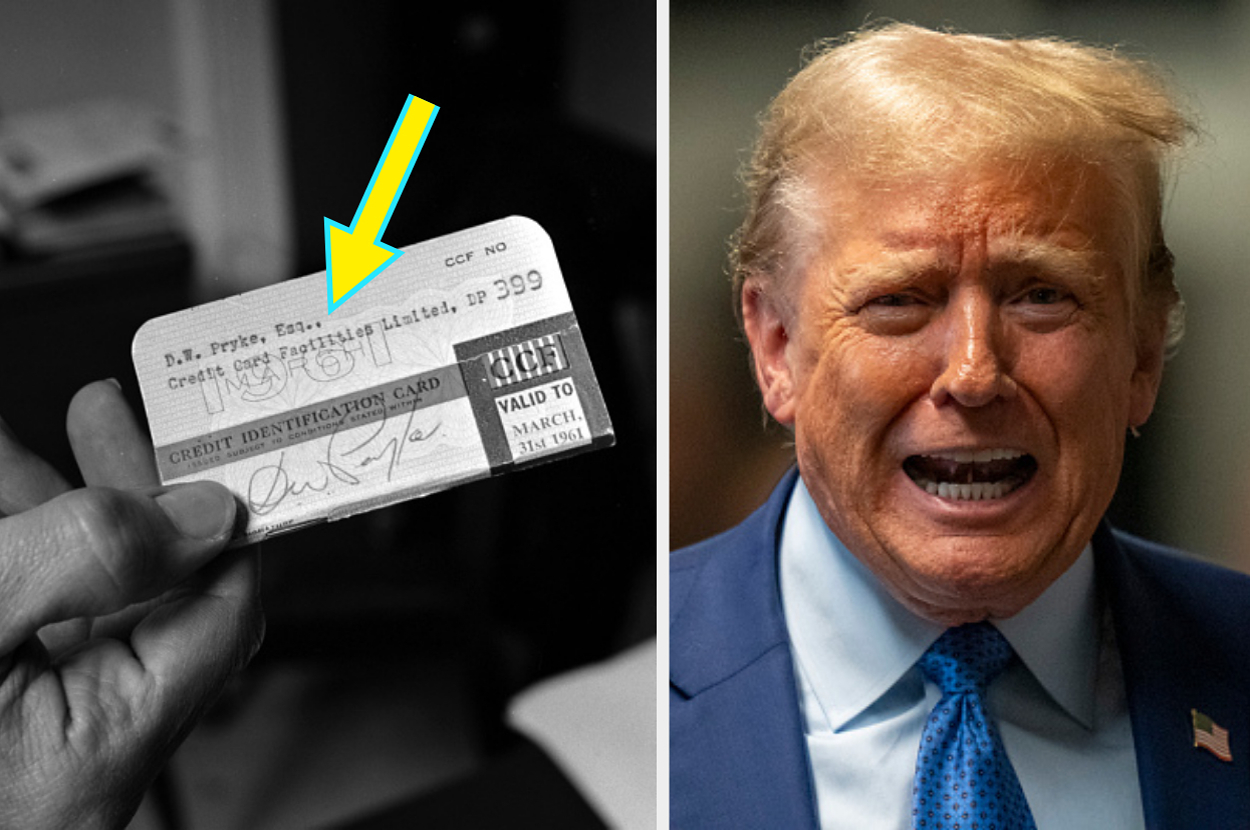The longest strike in NHS history, during which junior doctors walked out for six days, led to more than 113,000 patient operations, appointments and procedures being postponed, new figures show.
The industrial action started last Wednesday and continued until yesterday, with 25,446 staff absent from work at the peak, which was the day the strike started, 3 January.
According to NHS data, 113,779 inpatient and outpatient appointments had to be rescheduled, taking the total number since the health service strikes started in December 2022 to 1,333,221.
It means patients are “bearing the brunt” of the action, according to Louise Ansari, chief executive of Healthwatch England.
She said: “The cumulative effect of various strikes now hitting the NHS for more than a year also means people are experiencing multiple cancellations, affecting their confidence in health services, often leaving them in pain, feeling stressed and anxious.”
NHS leaders have warned the impact caused by the strike could last for “months”.
Professor Sir Stephen Powis, the national medical director for NHS England, said frontline staff were “very concerned” about the next few weeks as the “cold weather bites” and more people may need to be treated in hospital.
Family of man who took own life days after hospital visit call for action on NHS mental health services
Adam Boulton: NHS pessimism creeping up as striking doctors push on with 35% pay demand
How to fix the NHS: Public health
“This puts an incredible strain on staff who have been covering striking colleagues as we continue to navigate one of the most difficult times of year,” he said.
Read more:
Adam Boulton: NHS pessimism creeping up
Hospitals plea for junior doctors to return to work
Several NHS trusts declare critical incident on first day of strike
The number of cancellations could be double those reported as hospitals pre-emptively did not book in pre-planned operations during strikes, according to experts.
Matthew Taylor, chief executive of the NHS Confederation, said: “The national figure for the cancelled appointments over the last year of industrial action, in our view, significantly underestimates it because actually a lot of trusts pre-emptively didn’t make appointments in the first place.
“So you have to more or less double that figure in order to get the actual number of appointments and procedures that were cancelled.”
What do junior doctors want?
The British Medical Association (BMA), which represents junior doctors, has called for a 35% pay rise for them but the government has stated the demand is “not affordable, even over several years”.
The union claims junior doctors in England were subjected to a 26.1% real terms pay cut between 2008 and 2022.
The government gave junior doctors an 8.8% pay rise last summer, with an extra 3% offered during the last round of negotiations towards the end of the year.
The BMA said it rejected the 3% offer because it does not make up for a real-term pay cut of nearly a quarter of their salary for junior doctors since 2008.
Click to subscribe to the Sky News Daily wherever you get your podcasts
NHS consultants took strike action in September and October and agreed to an extra 4.95% pay rise for senior doctors on top of the annual 6% increase already offered to them by the government.
This will be voted on by members of their union this month.
A Department of Health and Social Care spokesperson said: “Despite the significant pressure, the healthcare system has coped well thanks to the hard work of consultants, nurses and other healthcare staff who worked during industrial action.
“The strikes may have ended but their repercussions will be felt for weeks and months to come.
“We want to put an end to damaging strikes once and for all, and if the BMA junior doctors’ committee can demonstrate they have reasonable expectations, we will still sit down with them.”











